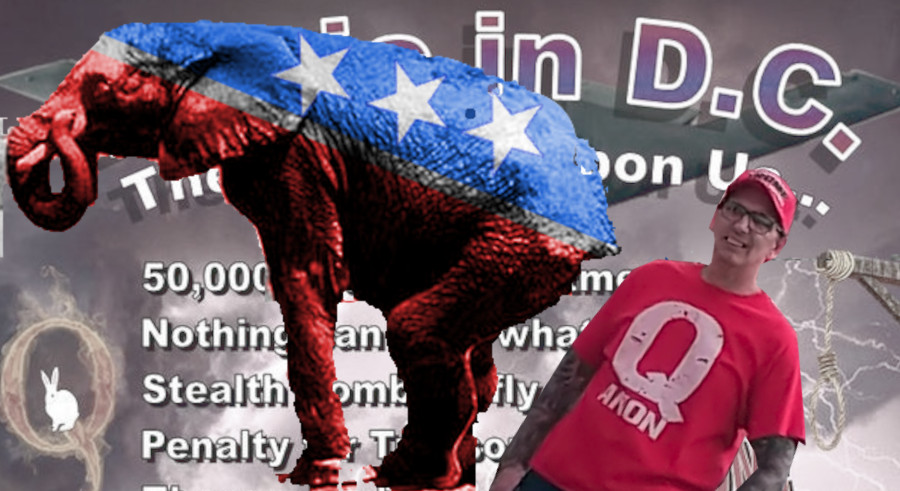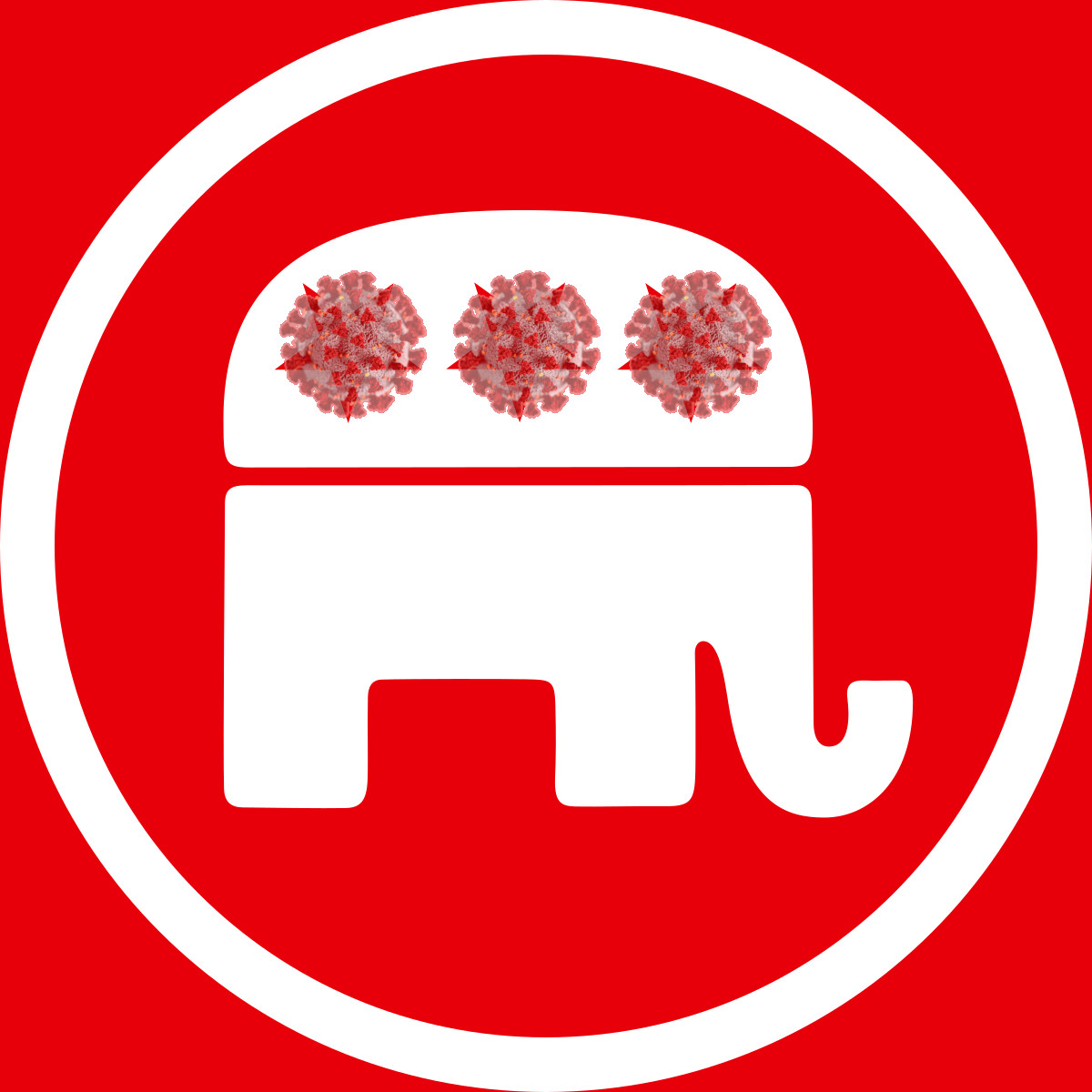
If you've ever argued with a racist Facebook uncle over Thanksgiving dinner, you probably had the fact that the Democrats supported slavery and the Republicans ended it thrown in your face. It's totally true.
1/
1/

What's also true is that the parties underwent a series of "realignments" where their politics were profoundly transformed.
These realignments are a regular feature of two (and even three) party systems.
The thing is, there are more than two ways to think about politics.
2/
These realignments are a regular feature of two (and even three) party systems.
The thing is, there are more than two ways to think about politics.
2/
Each of the parties is best thought of as coalitions - often fragile ones. The Democrats were a mix of southern racists ("Dixiecrats") and northeastern trade unionists. The Civil Rights Act turned Dixiecrats into Republicans ("We have lost the south for a generation" -LBJ).
3/
3/
Both parties seem to be in the midst of another realignment. The Trump/Nevertrump split in the GOP is a very visible and salient manifestation of that phenomenon this week.
4/
4/
Writing on @jacobin, political scientist @CoreyRobin describes a political strategy for Democrats who want this realignment to be as painful for the GOP as possible, to send the party into powerless disarray.
jacobinmag.com/2021/01/corey-…
5/
jacobinmag.com/2021/01/corey-…
5/
Seizing the moment could "turn the state apparatus to far different ends":
* Genuinely empower Black people (not just in terms of symbolic representation but in terms of housing, education, jobs, and criminal justice)
6/
* Genuinely empower Black people (not just in terms of symbolic representation but in terms of housing, education, jobs, and criminal justice)
6/
* Empower a broader working class, which includes high percentages of African Americans and people of color
* Transform all the anti-democratic vestiges of our sclerotic, ancient constitutional order (Senate filibusters, lack of statehood for DC/PR, SCOTUS, etc)
7/
* Transform all the anti-democratic vestiges of our sclerotic, ancient constitutional order (Senate filibusters, lack of statehood for DC/PR, SCOTUS, etc)
7/
The stakes are high! To fulfil that destiny, Dems have to use impeachment and make it stand for this broad realignment. Doing so wouldn't just break the Republican party for forcing GOP official to take a side on impeachment.
8/
8/
It would also further the Dems' own realignment, making it the transformative party-of-the-many that we need to recover from the pandemic and survive the climate emergency.
9/
9/
Robin doesn't have high hopes for this, though: "But what I do know is that the Democratic Party as it is currently constituted is not prepared to use an impeachment to launch the kind of realignment I’m talking about. "
10/
10/
But he's no oracle, and neither is anyone else: "I don’t quite see the political forces necessary to turn these political battles of impeachment into a larger question of the social standing of citizens.
11/
11/
"But sometimes those necessary forces are summoned, to our surprise, through the very fact of struggle or limited political battle."
Image: Marc Nozell (modified)
commons.wikimedia.org/wiki/File:QAno…
CC BY
creativecommons.org/licenses/by/2.…
eof/
Image: Marc Nozell (modified)
commons.wikimedia.org/wiki/File:QAno…
CC BY
creativecommons.org/licenses/by/2.…
eof/
• • •
Missing some Tweet in this thread? You can try to
force a refresh



